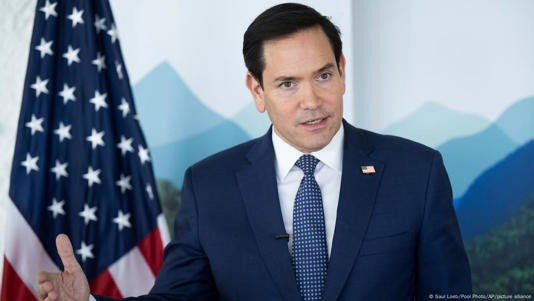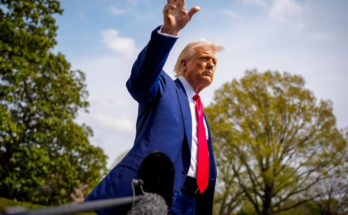In a surprising and controversial move, U.S. Secretary of State Marco Rubio declared today that the U.S. will revoke all visas of South Sudanese nationals, effective immediately. The broad decision, confirmed during a press conference at the State Department, has caught foreign policy officials off guard and raised questions of humanitarian and legal consequences.
Rubio stated that the decision was a response to “the continued and serious human rights abuses” committed by the South Sudanese government and “the failure of the Government to meet its international obligations and commitments to peace, governance, and civilian protection.
”“We Can’t Be Passive”“
The United States cannot be passive while the government of South Sudan continues to engage in violence against its own people, hampers humanitarian assistance and services, and violates democratic freedoms,” Rubio stated. “The intention behind this visa revocation is a strong message: there are consequences to impunity.”
The Secretary stated publicly that the decision follows several months of attempts at diplomacy with Juba and increasing evidence of state-sponsored violence, widespread displacement and targeted attacks against civil society. Faced with that added evidence of gross human rights abuses, the Secretary indicated that the U.S. was prepared to discuss “more sanctions,” and “further international pressure,” will always be “on the table.”
Affected Populations
Reports indicate that the revocation extends to non-citizen South Sudanese nationals in the United States under any classification, inclusive students, temporary workers, tourists, and individuals granted humanitarian parole. It is less clear whether the measure is applicable to individuals already on U.S. soil and seeking asylum.
Human rights and immigrant advocacy organizations condemned the blanket measure quickly, arguing that it will hurt innocent civilians, many of whom are fleeing Rubio abuses.”
This is collective punishment that unfairly punishes students, families, or other vulnerable populations who have nothing to do with the acts of the South Sudanese government,” said Lena Awol,
Director of the Refugee Justice Alliance. “This is an overreach that violates the humanitarian spirit.” International Response and Uncertainty Ahead The South Sudanese government has not responded officially yet, but sources in Juba indicate that diplomatic channels are on alert. Regional bodies like the African Union and IGAD (Intergovernmental Authority on Development) are reportedly preparing emergency
consultations.
Legal experts surmise the unprecedented impact of the revocation of the visa could trigger lawsuits and diplomatic disputes. “This is not just a foreign policy issue, but also a domestic legal issue”.
What’s Next?
Secretary Rubio failed to provide a clear way of either reinstating the visas or lifting restrictions, saying only that “there must be demonstrated reforms, accountability, and peace, rather than promises.”
As we write this, the Department of Homeland Security and U.S. embassies are preparing to notify those affected, and update travel guidance for them, as soon as in forty-eight hours. Passengers from South Sudan currently traveling or in U.S. airports could be detained or turned back immediately.
This appears to be an evolving story that will attract international headlines in the coming days as more information becomes available and leaders worldwide speak to this situation.



